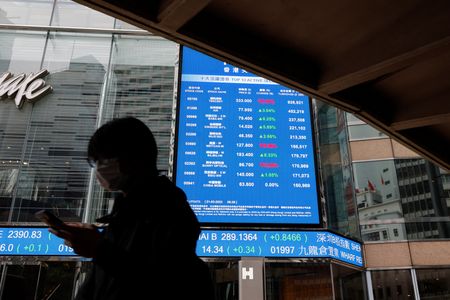BANGKOK (Reuters) – Thailand’s cabinet on Tuesday agreed to extend a diesel tax cut and energy subsidies, as well as a minimum wage increase, to help mitigate the impact of high energy prices and living costs with inflation hitting a 14-year high, the government said.
The tax cut on diesel by 5 baht ($0.1379) per litre will be extended for two months to Nov. 20, government spokesman Anucha Burapachaisri told a briefing.
The power subsidy worth 9.1 billion baht ($250.90 million)will be offered until the end of 2022, he said, adding a 300 million baht cooking gas subsidy would be offered between October and December.
The government also approved an increase in minimum wages from Oct. 1, he told a briefing.
The wage hike, by 5% on average, was the first in more than two years.
Separately, Finance minister Arkhom Termpittayapaisith said the diesel tax cut would cost the government about 20 billion baht in lost revenue but that should not affect its fiscal position.
Moreover, the wage increases should not have a big impact on the economy, which is still expected to grow 3.5% this year, driven by increased exports, tourism and government support measures, he told reporters.
Southeast Asia’s second-largest economy expanded just 1.5% last year, among the slowest growth pace in the region.
($1 = 36.2700 baht)
(Reporting by Panarat Thepgumpanat, Kitiphong Thaichareon and Satawasin Staporncharnchai; Writing by Orathai Sriring; Editing by Ed Davies)











